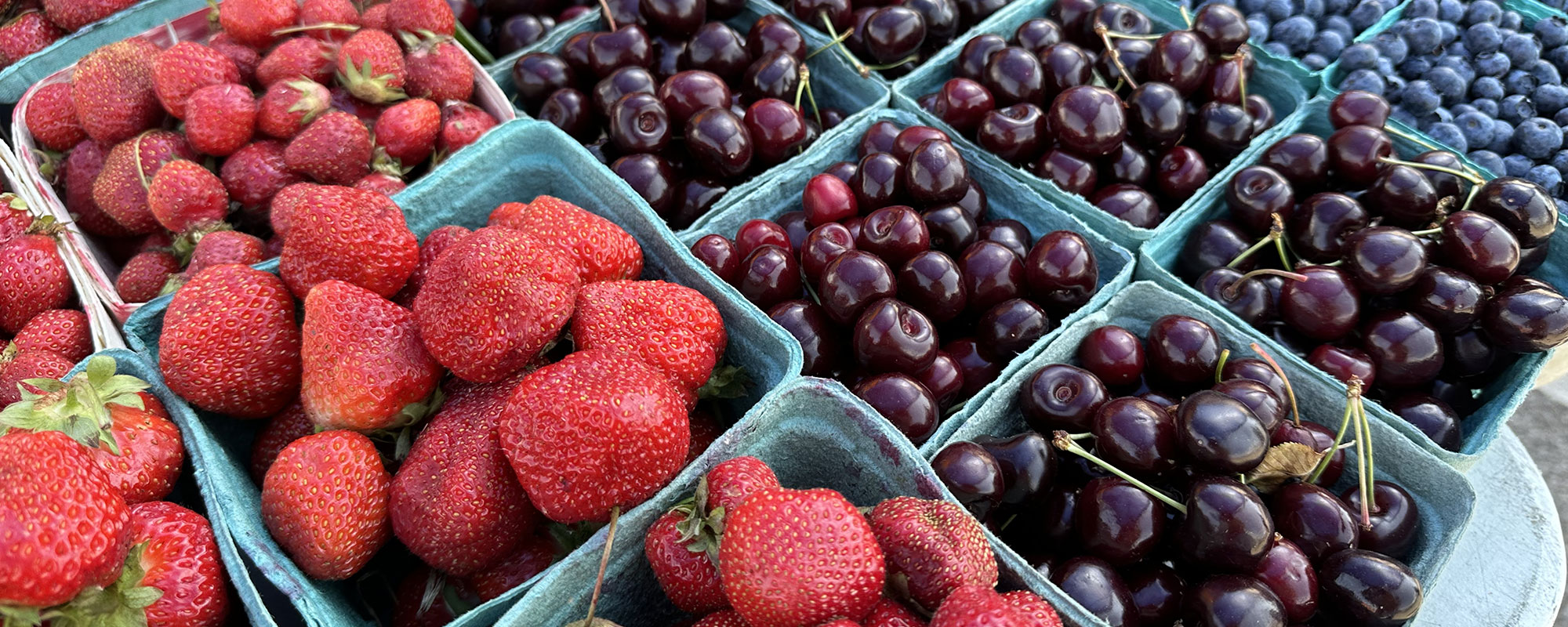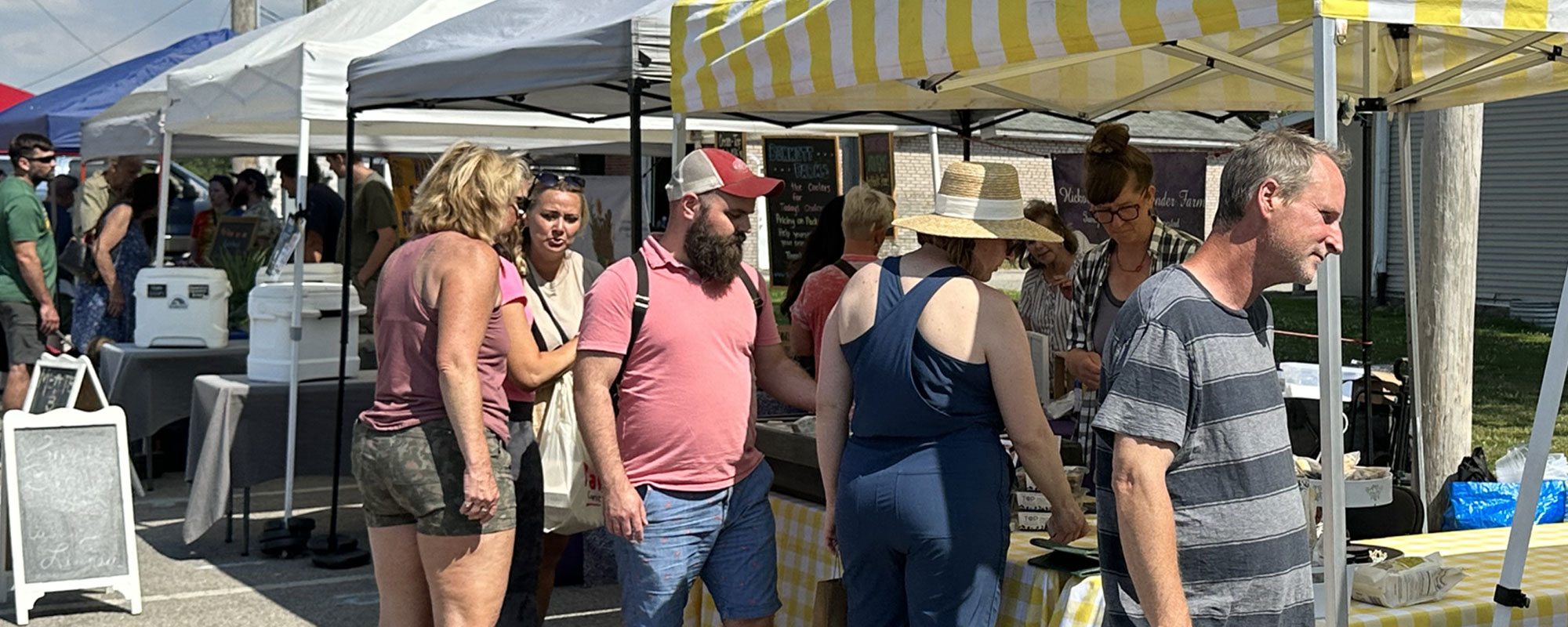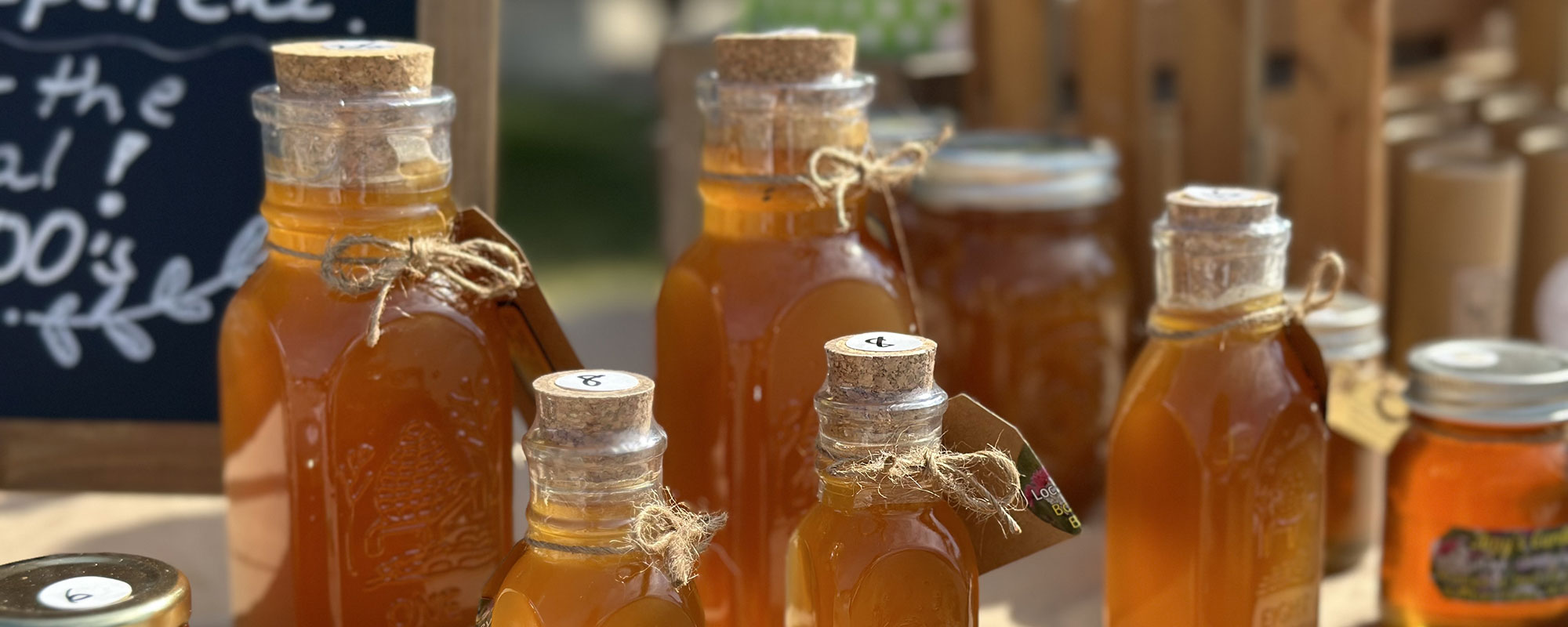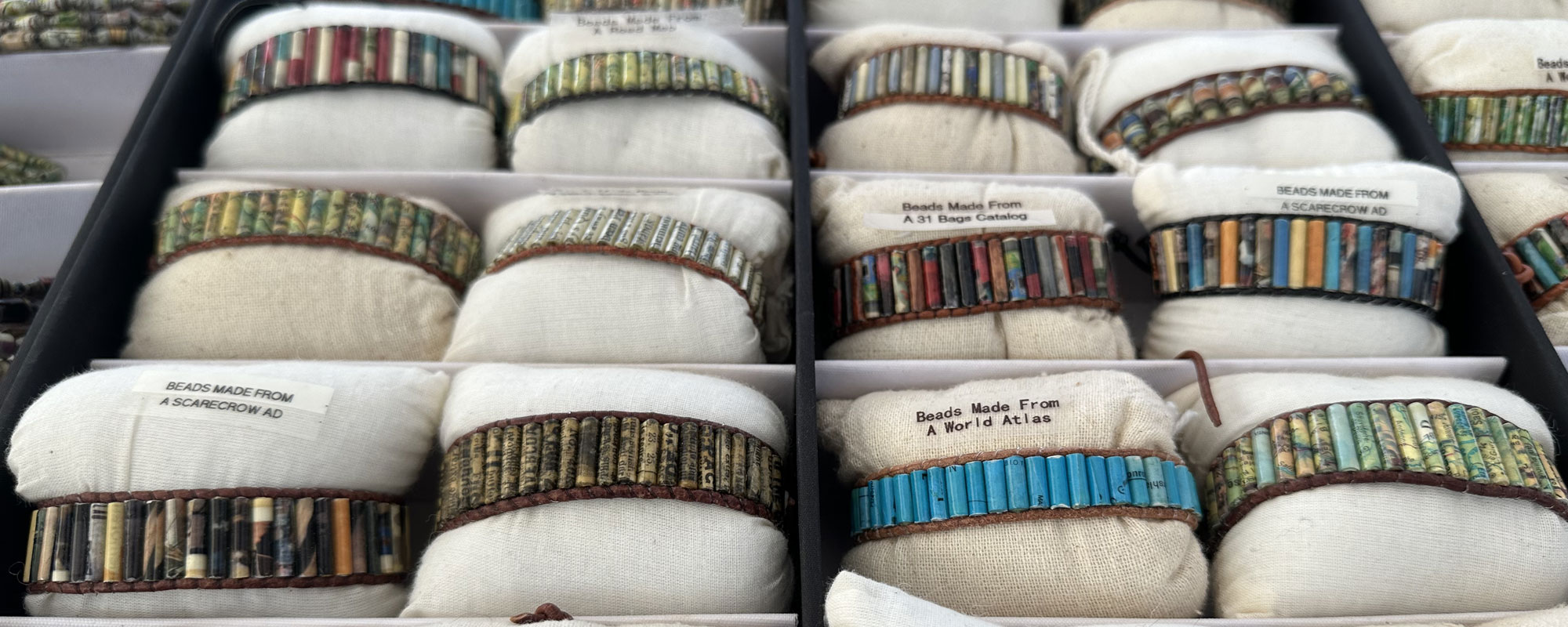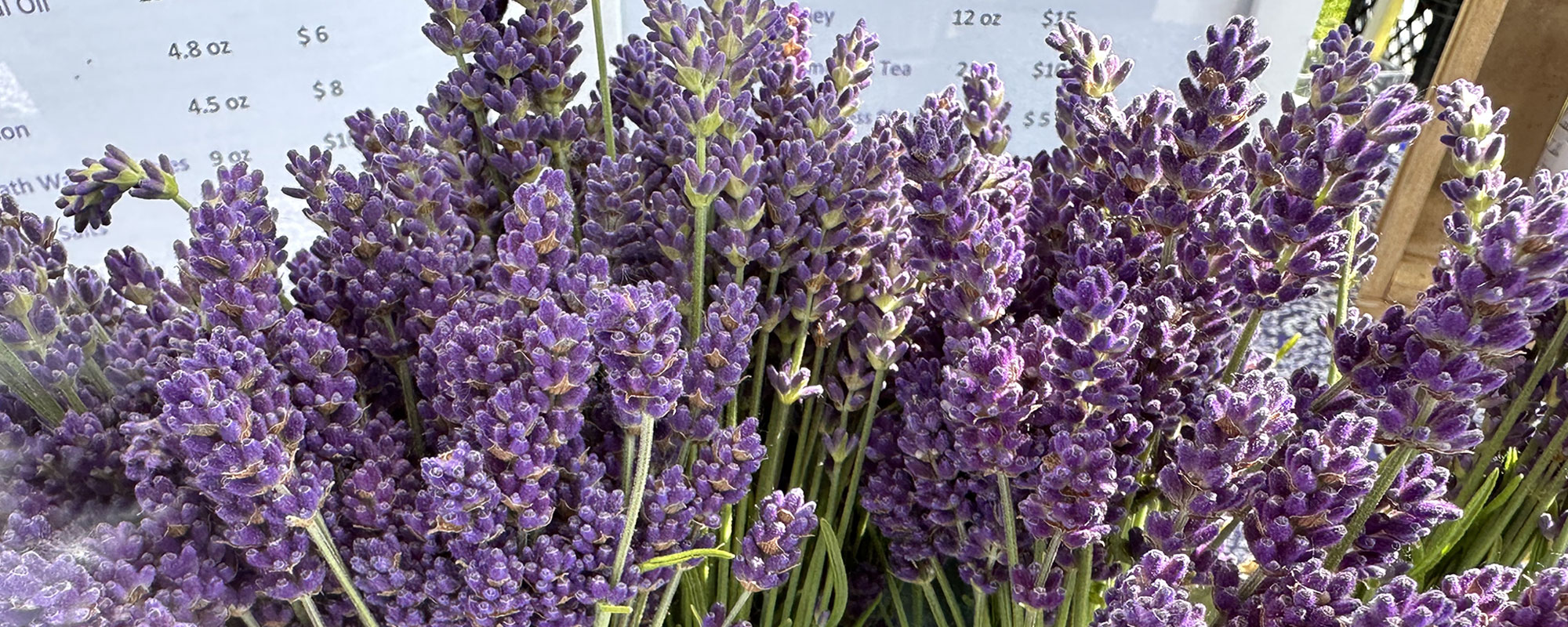Vendor Resources
Licensing
Vendors may need a license if they process or package food on-site, or sell pre-packaged food
Some markets require a Michigan Department of Agriculture and Rural Development (MDARD) license
License requirements depend on the product, how it's prepared, and annual sales
Food Safety
Vendors must provide proper handwashing facilities
Samples must be prepared in a licensed kitchen and meet Cottage Food Law requirements
Food items must remain covered to avoid contamination
Product Labeling
Items must be labeled with the address of their origin
Cottage food labels must meet specific requirements
Other Regulations
Markets have guidelines for representative vendors, such as providing the names and contact information of Michigan producers
Some activities involving food at festivals and community events require a Temporary Food License
Michigan Cottage Foods Information
www.michigan.gov/mdard/food-dairy/michigan-cottage-foods-information
What foods fall under cottage law in Michigan?
Michigan Cottage Food Laws - cottage food law allows the sale of non-hazardous foods that are prepared in a home kitchen. These foods include baked goods, jams, jellies, candies, and more.
Allowed foods:
- Baked goods like breads, cookies, cakes, and muffins
- Fruit pies
- Jams and jellies
- Candies made without alcohol
- Granola
- Dry herbs
- Dry baking mixes
- Dry soup or dip mixes
- Popcorn
- Cotton candy
Not allowed foods:
- Meats and meat products
- Fish and fish products
- Raw seed sprouts
- Canned fruits or vegetables
- Salsas
- Canned pickled products like pickles or sauerkraut
Other requirements:
- Cottage food must be properly labeled
- Cottage food must be sold directly to the consumer
- Cottage food must not require refrigeration and can be kept at room temperature
- Cottage food must meet the state's labeling and processing requirements
- The Cottage Food exemption only exempts you from the requirements of licensing and routine inspection by the Michigan Department of Agriculture.
Food Safety FAQs
mifma.org/faqs
Do I need an LLC to sell at the farmers market?
Most independent farmers markets will fit into one of the following business structures: sole proprietorship, partnership, LLC, for-profit corporation, nonprofit, or cooperative. Some farmers markets are not independent legal entities—they may be programs operating under the umbrella of a larger organization.
Do I need a license to sell eggs at the farmers market?
It depends on the size of your operation. Producers with less than 3,000 hens are license exempt under the Michigan Food Law. Producers must be selling eggs of their own production direct to consumer and comply with labeling and other requirements.
Product Licensing
Product Licensing Requirements
Guidelines for offering samples of food and beverage products at farmers markets
State Regulation Organizations
Berrien County Health Dept
Michigan Farmers Market Association
Michigan Ag & Rural Development
Three Oaks Market © 2025 | Presented by Three Oaks DDA
Site Powered by Fusion Design Group Ltd
